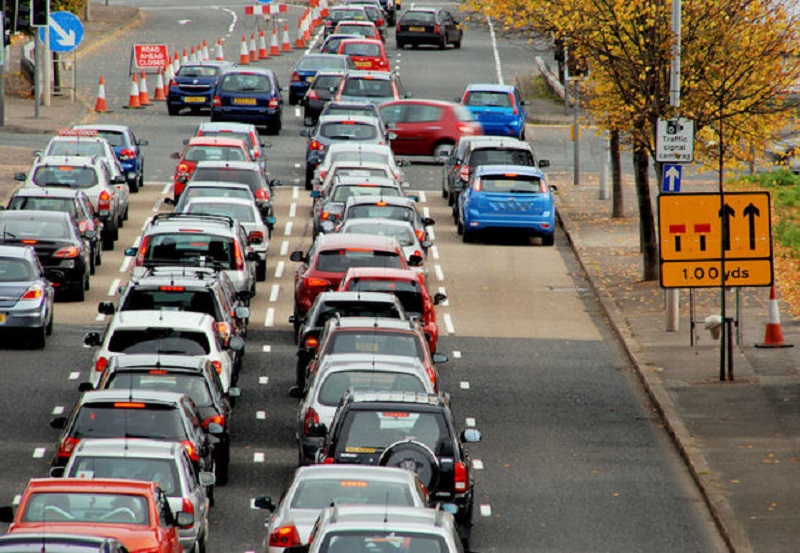The Journal of Transport and Health has published a paper that look into the potential health impacts of 64 different transport policy measures that has been implemented. The paper has been written following a study that has been carried out by a team of researchers from the Barcelona Institute of Global Health. The institute is backed by the “la Caixa” Foundation and the Institute for Transport Studies, which is based in Leeds.
The study look at the benefits to human health from the 64 policy measures that are usually considered by cities when looking at transport projects. The results of the study then formed the paper that has been published in the Journal of Transport and Health. The measures that are considered during Transport planning include good land use in order to prevent the creation of an urban sprawl, putting prices on car use in order to motivate more people to be active or use public transport instead. It is thought that these measures of the 64 considered are most beneficial to public health and can also have an impact on air pollution, noise, traffic, motor vehicle crashes, social exclusion, community severance, heat islands, and the generation of greenhouse gases.
The measures that look into low emission zones and the promotion of low carbon vehicles do not have as much of an impact on public health and the study showed that they only appear to have an impact by reducing the air pollution. The study also found that some of the infrastructure measures that are considered as part of transport planning could actually have a negative impact on the health of the public, as motor vehicle crashes increase, as does air pollution, noise, greenhouse gasses, physical inactivity and community severance.
The study that has been published acts as a literature review of transport impact on health as well as using the the knowledge and opinions of three independent experts with expertise in different backgrounds such as transport planning and policy, environmental and public health and transport and health. It is thought that nearly 70% of the population around the world will be living in urban areas by 2050, and a study has found that 20% of premature mortality is down to poor urban and transport planning. It is thought by ISGlobal that there is still a lack of consideration for public health within transport planning and practice, even with the traction increasing on this type of research.














